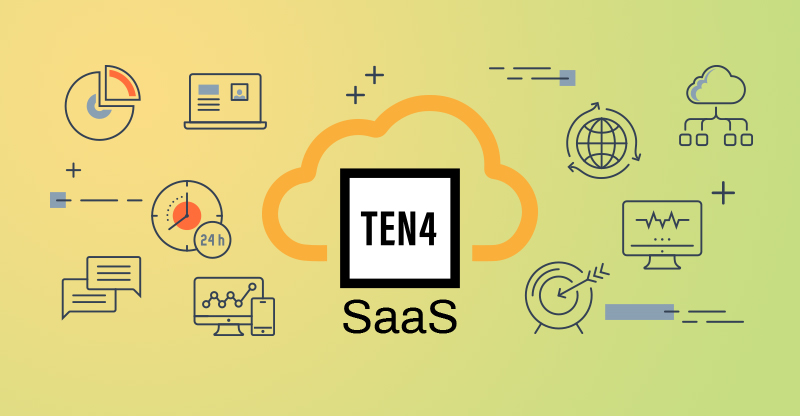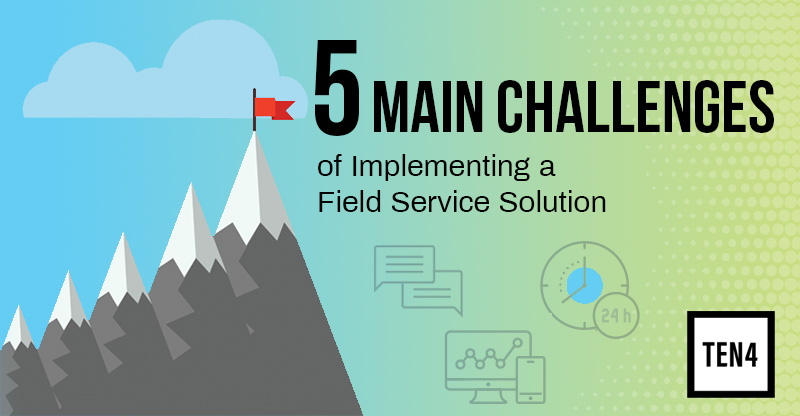SaaS: The Future of Business Applications
Businesses no longer need to build massive computer rooms to store equipment on their premises. Instead, many vendors offer pre-packaged solutions known as SaaS (Software as a Service). These applications are managed and maintained by the vendor in their own facility (or in the cloud), freeing your staff to focus on doing their jobs instead of supporting the hardware and applications.
Traditional On-Premises Applications: A Challenging Past
Until recently, businesses kept substantial amounts of hardware, such as disk drives and computers, on their premises to run their applications. They needed to hire specialized staff to support the application, software, and hardware, as well as to perform installations, updates, database management, and every other function needed.
Scalability was difficult because it usually needed added capital expenditures and staffing.
Also Read: 5 Proven Ways to Get HVAC Referrals for Your Business
How SaaS Transforms Business Operations
Software as a Service (SaaS) supplies an intriguing and useful alternative to the on-premises paradigm. In this model, your applications live in the cloud, and you access them via your web browser or specialized apps on mobile devices.
You pay for the services you use as you go, requiring little to no capital expenditures.
Advantages of SaaS-Based Applications
1. Quick Implementation
One of the biggest advantages of a SaaS application is that it does not require any equipment to be running in your facility, giving you a much faster software implementation.
You don’t need to install any new servers, disk drives, or other hardware. In fact, the only equipment you’ll need is desktop computers or mobile devices. Users can even use their own devices to access the SaaS applications, lowering your costs even more.
2. Lower Costs
You will not need to buy any equipment to host SaaS applications. This means there is no need for in-house servers.
You don’t need to worry about installing operating systems and hiring of specialized staff to support the hardware and operating system is unnecessary. This eliminates or reduces any capital expenditures and frees up your staff to focus on doing their jobs instead of supporting equipment.
Also Read: 5 Main Challenges of Implementing a Field Service Solution
3. Scalability for Businesses of Any Size
You only pay for the SaaS services you use. You don’t need to worry about future expansion or contraction of the business.
Seasonal businesses, for example, typically require more computing resources during holidays and less at other times of the year. SaaS applications automatically scale based on current usage.
As your business expands, SaaS allocates more resources. In the off months when businesses are slower, the SaaS application allocates fewer resources. This reduces costs since you don’t have to purchase enough equipment to cover projected higher usage.
4. Minimal In-house Support Requirements
SaaS applications are hosted in the cloud and are supported by the vendor. Because of this, you no longer need to hire specialized staff to supply support for everything from the base hardware to the operating system to the core application itself.
If you have a problem, you simply call the support desk of your vendor who will take care of it for you.
Also Read: Mobile Field Technician Software Can Transform a Locksmiths Business
Conclusions: Why SaaS is the Best Choice
The advantages of SaaS cannot be overstated. By choosing a SaaS application, your business will save money, improve service, and deliver better results to your customers and users.
Best of all, you’ll find that your staff can focus on doing their jobs instead of spending their time supporting an in-house application.







